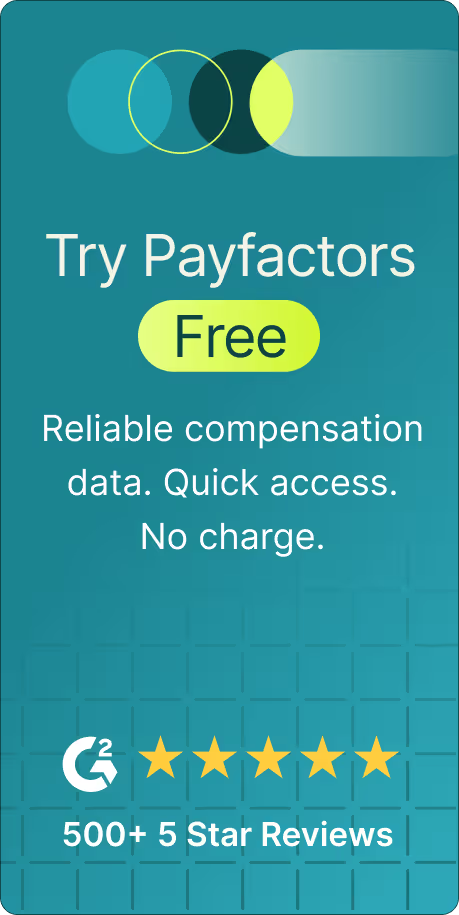Pay transparency legislation does not seem to be slowing down as 2023 continues. Below is a round-up of recent legislative updates that took place in February.
Colorado
On January 30, 2023, the Colorado General Assembly proposed SB23-098. If passed, it would require gig economy employers (think Uber, Lyft, DoorDash, Postmates) to disclose to their drivers and to consumers the amounts that consumers contribute to the company and the amounts that the company then pays their drivers in return.
Illinois
On February 9, 2023, the Illinois State Senate proposed SB2038. If passed, this bill would require employers to disclose salary ranges in all job postings, both internal and external. The law would also require employers to post a general description of benefits and other compensation to be offered which would likely mean listing out any stipends and equity offered with the role. It would also require employers to provide employees with their current salary or salary range and a general description of benefits and other compensation for their role at least annually after they are hired, promoted, or transferred to a new role. Employees would also be able to request this information. If passed, this law would take effect on January 1, 2024.
On February 17, 2023, the Illinois State House proposed HB3129. This bill would require employers with 15 or more employees to include the pay range in all job postings. If passed, the bill would take effect immediately.
Kentucky
On February 7, 2023, the Kentucky General Assembly proposed HB198. If passed, this bill would require all employers to include the wage or wage range in all job postings. The Kentucky General Assembly proposed that "wages" would include salaries, commissions, vacation time, overtime pay, severance, bonuses, and any other compensation. This is different from the other proposed legislation and enacted laws we have seen so far. In other states, employers are only required to post the base salary range, not a total compensation range. We will be tracking this bill to see if any amendments will change this definition.
Minnesota
On February 13, 2023, the Minnesota Legislature proposed HF1625. This proposed bill is a "salary history ban," which we've already seen enacted in a handful of states. It would mean that employers in Minnesota would not be legally allowed to ask candidates about their current or prior salary. If passed, this law would take effect on January 1, 2024.
In case you missed it:
- New York State pay transparency law amendments: The New York State pay transparency law will take effect on September 17, 2023, and the New York State Legislature has already proposed amendments to it. The most noteworthy proposed amendment would explicitly state that this law applies to remote positions performed outside the state of New York, positions that report to a New York supervisor, office, or worksite, or "will physically be performed, at least in part, in the state of New York." These amendments are different than the current NYC pay transparency ordice, which states that employers are required to post salary ranges in postings for jobs that can be performed in NYC, regardless of where the employee's supervisor is located. If passed, employers should be mindful of the fact that the New York State law does not supersede the NYC ordice. This means that employers posting for roles both in NYC and elsewhere in New York state should be aware of the different pay transparency requirements in both locations.
Payscale's pay transparency solution
At Payscale, we believe in helping our customers approach pay transparency with confidence. We help organizations confidently approach pay transparency by:
- Understanding their competitive landscape and determining a strong data strategy
- Evaluating current employee pay against the market to ensure competitive and fair compensation across the organization
- Implementing standardized and scalable practices with job architectures and salary ranges
- Providing an added layer of confidence to pay transparency practices by offering technology and resources focused on pay equity analysis, job description management, compensation planning, and effective communications about pay
Learn more about how Payscale can help your organization achieve pay transparency.
Want to learn more from our experts?
Check out the most recent episode of our pay legislation webinar series. Join Payscale's Chief Product Evangelist Ruth Thomas, Senior Corporate Attorney-Employment Lulu Seikaly, and McGuire Woods LLP's Compensation Analyst Imad Mahmood as they discuss how to prepare for emerging pay transparency legislation this year.





.avif)
